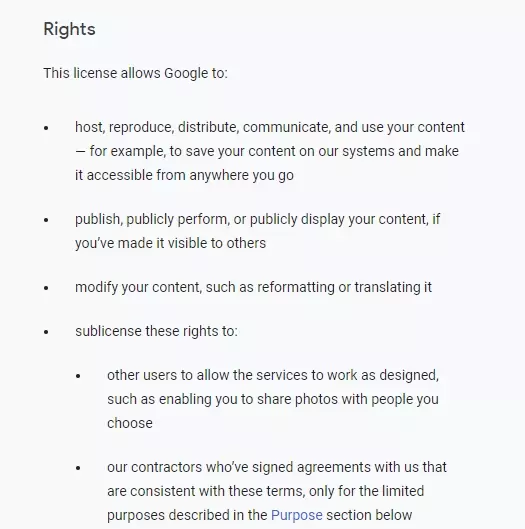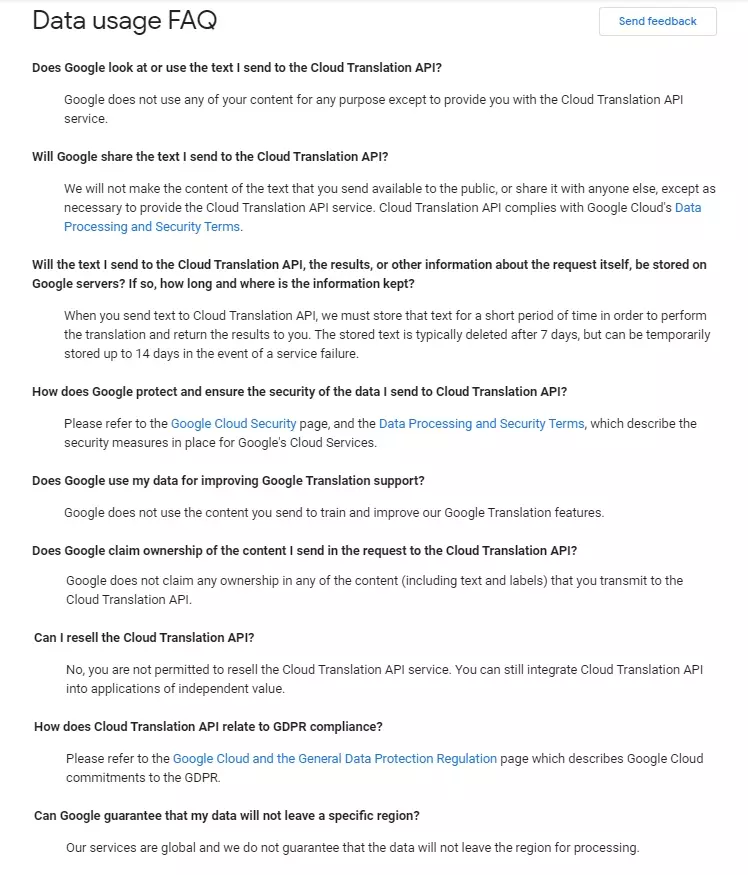Google Translate is an extremely useful tool for anybody who needs to translate text quickly. What you may not realize, however, is that Google can harvest information from the text you translate. This creates privacy risks, which are vital to understand before you use the service.
Is Google Translate private?
Since Google first launched Google Translate in 2006, it has grown to include over 100 languages. The service is incredibly popular, with users relying on it to translate foreign text into their native language so that they can read it, too.
Google's free translation service provides excellent functionality and helps makes information from all corners of the globe more accessible. That said, it is important to understand its limitations and why it is not always fit for the job of translating documents.
Where privacy is concerned, it is always important to understand the terms and conditions that affect a service. For Google Translate, this is Google's general Terms-of-Service and privacy policy.
Unfortunately, this includes terms that explain that information uploaded to Google's servers, using services like Google Translate, can be analyzed by its algorithms and used in a variety of ways.

As a result of these terms, it is important to carefully consider the information you enter into the translator. The free, publicly available version of Google Translate almost certainly results in Google being able to analyze data with its powerful algorithms.
This means that Google could use the information you enter to improve its services, make marketing decisions, or create revenue streams by some other means.
Thus, if you translate confidential information using Google Translate, this could lead to a breach of privacy. This could cause problems for a business, for example, because of data protection and data privacy compliance failures.
Is there a difference between Google Translate and Google Cloud Translation API?
The answer to this question is yes, and it is highly important that you distinguish between these two distinct services.
You may have noticed that searching Google for information about the privacy you get using its translation services results in the following information being served at the top of the results. Google states:

At first glance, the terms above make it seem safe to use Google Translate. However, these terms are actually for Google's Cloud Translation API – a paid translation integration that has a distinct privacy policy to that of Google Translate.
Google's Cloud Translation API service has its own separate terms, which provide higher levels of data privacy than Google's general privacy statement.
Unfortunately, it is Google's global terms that apply to the free, publicly available version of Google Translate, so you should not expect this level of privacy when you use the service.
Can I use another web-based automatic translator?
Although there are a variety of translation services and applications available on the market, it is worth noting that the vast majority of free translators have similar problems to Google Translate when it comes to data privacy.
This is why professional translator websites warn consumers that it is vital to use a truly confidential and professional translation service whenever they require professional translation services for confidential documents.
If you intend to use an automated translation service to perform translations for your business, or to translate sensitive information and documents, it's massively important that you look closely at the privacy policy and terms of service for the translation service.
Looking at the privacy policy and terms of service will let you see how your data is collected, stored, and processed by the app's developer and any third parties.
Ultimately, you may need to pay for a confidential translation service that does not analyze your data and use it for secondary purposes if you want to keep your data private.
